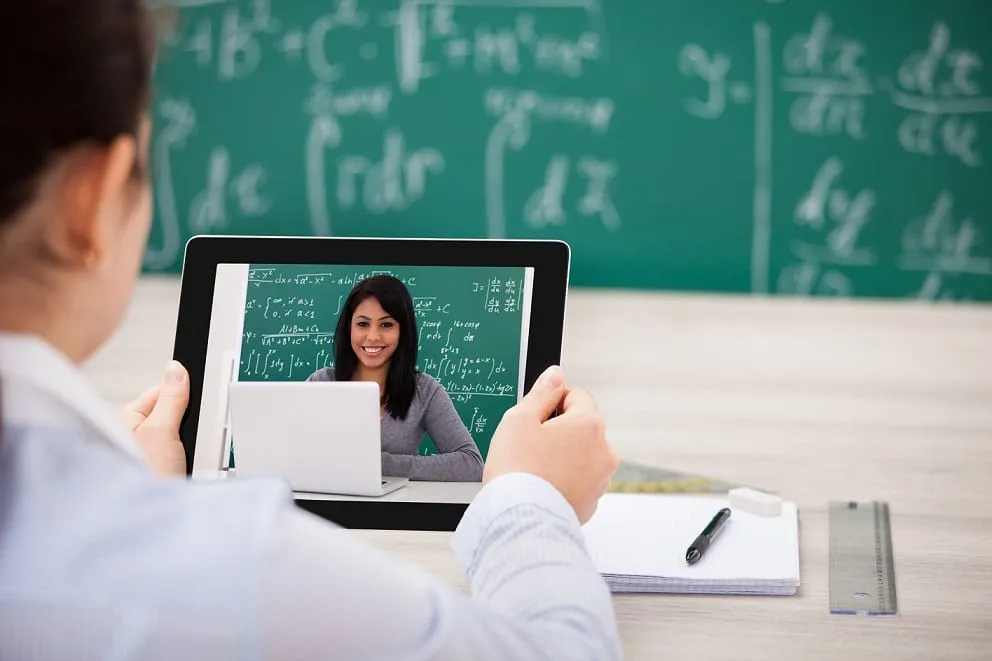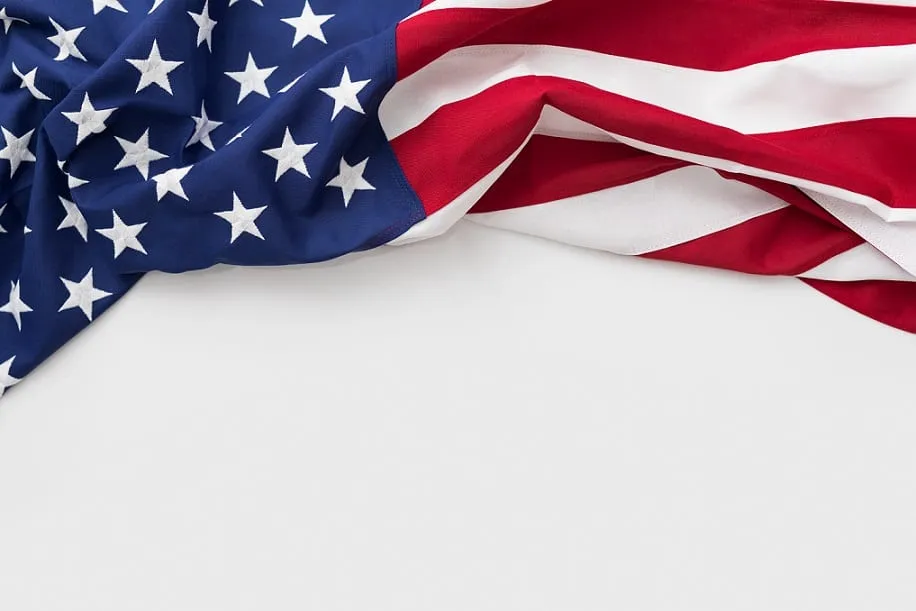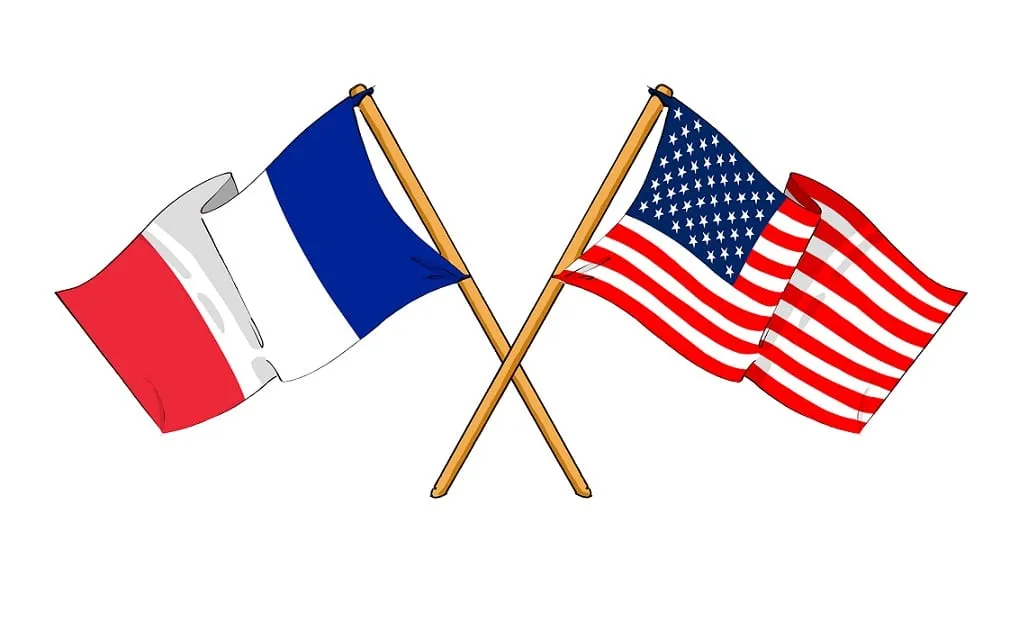31 mai 2021
French and American pedagogies : Differences and complementarities

The French and American pedagogies are very different. It pushes students towards more autonomy, encourages reflection, expression, and argumentation. These values are highly valued in the professional world, but are rarely taught in the French curriculum.
This is one of the added value of the Dual Diploma Academica : your child benefits from immersion in the English language, while enjoying the advantages and complementarity of the French and American pedagogies.
Even if your child does not intend to pursue a higher education in the United States, benefiting from an American education, particularly with the reverse pedagogy, is an excellent springboard for his/her future.

French pedagogy vs. American pedagogy
Flexibility and empowerment
The purpose of the homework is not the same in France and the United States. In our system, homework aims to deepen learning, whereas in American education, homework is not always linked to the course. In fact, teachers ask students to do a lot of research, lead them to do things on their own. They are not expected to produce academic results. The main purpose is to be “challenged” to acquire autonomy.
Teaching in France can give students the feeling that they are attending a pre-established program with knowledge to be validated. Meanwhile the American pedagogy proposes that students be actors in their training, with an emphasis on participation and collaboration. The teacher’s role is to be a source of advice that supports and accompanies the students’ thinking. This relationship cultivates trust. Students are more motivated and perform at their best. The impacts on results are very important!
Resources teachers rather than expert teachers
Even is this is evolving in French schools, teachers mainly use frontal teaching. In American schools, teachers prefer a more dynamic approach: they seek to interest the student and encourage his/her participation. The teacher’s role is to enable students to integrate new concepts and make it their own. The teacher leads them to defend their point of view and to debate. And that is even if their opinion differs from that of the teacher.

Two very different gradind systems
In France, grades range from 0 to 20. Whereas the American grading system is based on letters, the grade points: A, B, C associated with + and – … A+ is the best grade and F- the worst.
The French grading system seems to leave room only for academic and intellectual excellence, the American system provides more flexibility. Indeed, grades on assignments are not the only criteria for judging a student’s progress. Thinking skills, attitude, and attendance are valued.
Some French schools are currently experimenting with the letter grade system. It is considered less stressful and more fair, because it is based on the evaluation of a skills rather that on the success of an exercise.
Out-of-School Activities and School Rhythm
In our country, French and Mathematics are placed on a pedestal. Americans consider the arts and sports to be noble subjects: they are fans of the phrase “a healthy mind in a healthy body”.
Students in the US like to be involved in school activities and often belong to several clubs: the basketball team, the school newspaper, a music groups, etc.
It should be noted that the pace of classes differs greatly between France and the United States. French students finish their classes at 5 or even 6 p.m., while American students finish at 3p.m. (or earlier). They therefore have afternoons to practice an instrument, do theater, sports or extracurricular activities that give them a great deal of openness.
No Baccalaureate Exam but Continuous Assessment
In France, the baccalaureate is seen as a real exam that marks the entrance of students to higher education and the adult world. It may be a highly stressful event.
In the United States, there is no stressful final exam. The US High School Diploma is obtained via a system of continuous assessment that takes place over 4 years (instead of 3 for lycée in France).
The US High School Diploma rewards students on the basis of their work over time, referring, of course, to the grade obtained over the last 4 years, but this is not the only criterion. We take into account the involvement of the students, their progress, and the values of courage and diligence that they have demonstrated during their studies.
Discover the advantages of bilingualism for young graduates

An American specificity: flipped pedagogy
We have mentioned some of the differences between French and American pedagogies, but they don’t stop there. In recent years, flipped, or reverse, learning has rapidly gained popularity in the United States. Let’s take a look at what it is and how it promotes students learning.
Flipped learning: providing the best learning experience for students
In flipped pedagogy, the traditional order of events is reversed: students learn the course content, usually through video lectures, before coming to class. As a result, class time is reversed for activities, such as interactive discussions or collaborative work, conducted under the guidance of the teacher.
Offer differentiated learning
Flipped learning naturally follows from differentiated learning. Each student does his/her own research and contributes to the project. They cannot fail because the task is too complex or, on the contrary, get bored because it is too simple for them. With differentiated learning, the student evolves according to his level.
The essential mission of the teacher is to enhance the linkage of the contributions of his students for the group. The conventional concept of « class » disappears with differentiated learning.
Benefits of flipped learning
What makes flipped pedagogy so appealing to many professors is the improvement of the student experience.
1. Flipped classes allow students to move through the course at their own pace. Unlike traditional teaching, where students are paced by the instructor, here, students can review the lessons and content offered as many times as needed to improve their understanding.
2. Students apply knowledge using the instructor as a resource. Students come to class knowing already what points they would like to clarify with their instructor. This way, the students can quickly get an answer to what they didn’t quite understand and the instructor can simply assess their students’ needs.
3. Convincing feedback. A growing number of studies show that flipped learning improves student performance in almost all subjects.
According to the Flipped Learning Network:
- 71 % of teachers who chose this pedagogy noticed an improvement in grades;
- 80 % reported an improvement in student attitudes;
- 99 % of teachers who chose flipped learning said they would do it again the following year..
Dual Diploma Academica : offer American pedagogy to French high school students
Academica International Studies offers French high school students the opportunity to build their critical thinking skills, through flipped learning. Our American teachers have mastered this method of teaching.
However, in order for French students to reap 100% of the benefits of this American experience, it is fundamental to have the means and skills to deliver them properly.
One of the major issues to be resolved is the technology needed to deliver the content to young students, while allowing them to be accompanied by teachers trained in digital technology, the preferred medium for flipped learning.
At Academica, we have years of experience in online teaching, with seasoned teachers and dedicated platforms. They are designed to allow students to discover and appropriate the lessons in an optimal way for each, while respecting their pace.
All of our teachers are there to provide the best support to each student, to lead them towards obtaining the US High School Diploma, while passing their French Baccalaureate. Our students enter their lives as students and young adults with an open mind and an enriching culture.
Testimonies of our community
Discover the testimonials of Academica students and teachers
“Alissa Longo : American Teacher”
“My name is Alissa Longo. I live in Northern Virginia, right outside of Washington, D.C.. This year marks my 14th year teaching and I have loved this journey. I received my bachelor’s degree from Towson University in Maryland and my master’s degree from Wright State University in Ohio.
I am happily married to my high school sweetheart and we have a little boy named Preston and a little girl named Shelby. My goal is to create impactful learning experiences for my students that are unforgettable ( in order to help reach their highest potential.)”
“Heather Simmons : American Teacher”
Hello! My name is Heather Simmons, and I am excited to be a Global Teacher with the Dual Diploma Program. I was born and raised in Greenwood, South Carolina and moved to DeFuniak Springs, Florida with my husband (Josh) in 2005 and since have had three children (Reagan, Amelia, and Lucas). I received my Bachelor of Science in Business Administration and Master of Science in Education from Troy University in Troy, Alabama. I have been teaching for eleven years and have a passion for seeing my students learn, excel, and succeed.
Prior to joining the Dual Diploma faculty, I spent seven years as a traditional classroom teacher and three years as a media specialist. It is my belief that education can change the world. By providing my students with an engaging and effective learning environment, I am not just teaching them a skill but helping students become lifelong learners“
“Testimony from our student”
Hello! I’m Anna and I’m 15 years old. I have a little brother. I’m French and I live in Paris near Bastille Quarter. I love dancing, playing the guitar, reading, drawing, and spending some time with my friends! At school, I prefer studying Biology and Physics. I also love traveling and discovering new things, news places, new people, and also speaking English! It’s the reason I study with the Dual Diploma Program. With it, I learned that I love taking photographs and learning all the techniques of this art. I’m very happy and so proud to be the student of the month of March !”French Studentfacebooktwitterlinkedininstagram